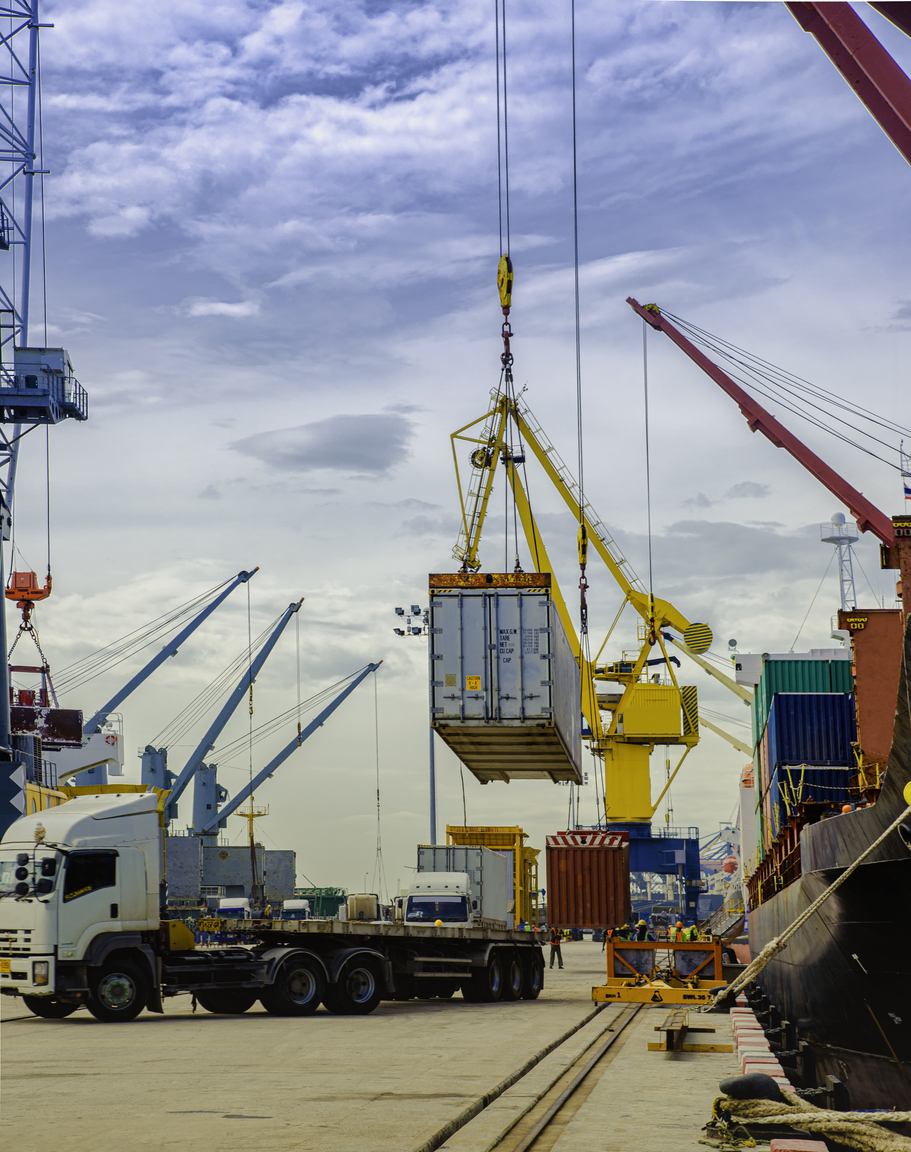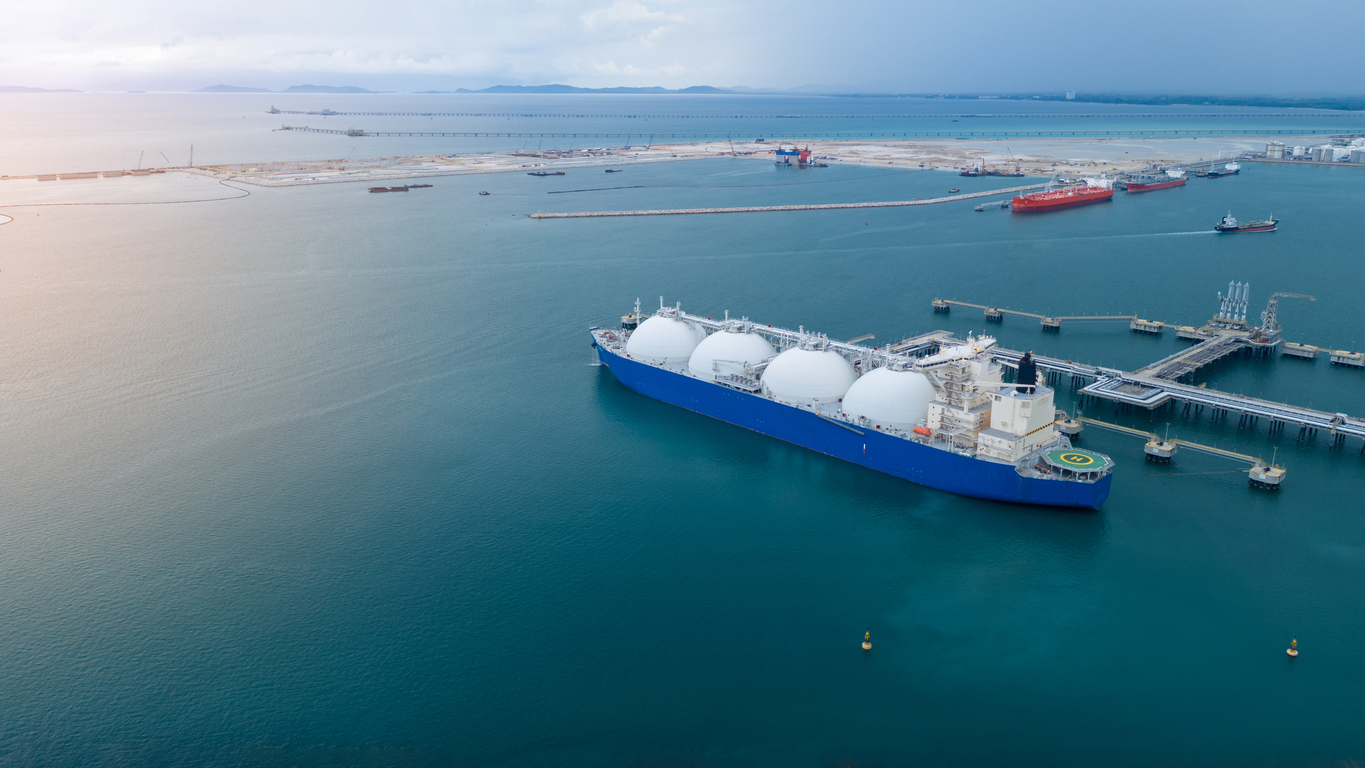The Role of Shipping Agents in Ghana’s Booming Trade Industry
The Role of Shipping Agents in Ghana’s Booming Trade Industry
Welcome to Ghana, the land of vibrant cultures and bustling markets! Behind the scenes of this thriving trade industry are the unsung heroes known as shipping agents. These individuals play a crucial role in facilitating smooth operations and ensuring that goods flow seamlessly through our nation’s ports. Join us as we dive deep into the world of shipping agents in Ghana, exploring their significance, challenges they face, and how they contribute to powering our booming trade sector. Get ready to embark on a journey where logistics meet opportunity – let’s unveil the secrets behind Ghana’s unstoppable rise in international commerce!
Introduction to Ghana’s Booming Trade Industry
Introduction to Ghana’s Booming Trade Industry
Ghana, a country located in West Africa, has been experiencing an economic transformation over the past decade. With a stable political climate and steady economic growth, Ghana has become one of the most attractive destinations for foreign investment in Africa. One of the key drivers of this growth is Ghana’s booming trade industry.
The trade industry in Ghana is flourishing due to several factors including favorable government policies, a strategic location as a gateway to West Africa, and an abundance of natural resources. The country’s economy heavily relies on its exports, which include gold, cocoa, oil, and timber. These products contribute significantly to the country’s GDP and have made Ghana a major player in global trade.
One of the key players in this thriving trade industry are shipping agents. These agents act as intermediaries between importers or exporters and shipping companies. They play a crucial role in facilitating smooth and efficient international trade transactions by handling all aspects of cargo shipment from documentation to logistics.
Shipping agents are essential for businesses that engage in international trade because they have extensive knowledge and expertise in navigating complex trade regulations and procedures. They also have established relationships with various stakeholders such as customs officials, port authorities, and freight forwarders.
Furthermore, shipping agents provide valuable services to businesses by offering competitive rates for transportation services through their network of carriers. This allows businesses to save time and money while ensuring that their goods reach their destination safely and on time.
What are Shipping Agents and Their Role in the Trade Industry?
Shipping agents are an essential part of the global trade industry, playing a crucial role in facilitating the movement of goods from one country to another. In simple terms, shipping agents act as intermediaries between shippers and carriers, ensuring that goods are transported safely and efficiently.
In Ghana’s booming trade industry, shipping agents play a critical role in connecting businesses with their international counterparts. These professionals are responsible for coordinating various aspects of the shipping process, from booking cargo space to handling customs clearance and documentation.
But what exactly are shipping agents and how do they contribute to the trade industry? Let’s take a deeper look at their roles and responsibilities:
1. Booking Cargo Space:
One of the primary responsibilities of shipping agents is to book cargo space on behalf of shippers. This involves negotiating rates with carriers, determining the most cost-effective routes, and ensuring that all necessary documents are in place for shipment.
2. Coordinating Shipments:
Shipping agents oversee all aspects of the shipment process, including arranging for loading and unloading at ports or warehouses, tracking shipments in transit, and ensuring timely delivery. They also handle any issues that may arise during transit such as delays or damages.
3. Managing Customs Clearance:
The customs clearance process can be complex and time-consuming; however, shipping agents have extensive knowledge and experience in this area. They ensure that all necessary paperwork is completed accurately and submitted on time to avoid any delays or penalties.
The History of Shipping Agents in Ghana
The shipping industry in Ghana has played a significant role in the country’s economic growth, particularly in the booming trade sector. At the heart of this industry are shipping agents, who have been an integral part of facilitating international trade and commerce for centuries.
The history of shipping agents in Ghana dates back to the 19th century when European merchants began trading with the Gold Coast (now known as Ghana). These merchants needed local representation to handle their goods upon arrival at the ports and manage their business transactions with local traders. This gave rise to the first generation of shipping agents who acted as intermediaries between foreign merchants and local traders.
During this time, ships were mainly used for transportation rather than commercial purposes. However, with increased demand for African goods such as gold, ivory, and spices from Europe and America, trade became more profitable, leading to a surge in ship traffic. As a result, there was a need for more efficient port services which led to the establishment of official port authorities by European colonial powers.
With these developments came an increase in formalized maritime regulations that required all ships arriving at ports to be accompanied by a licensed agent. This marked the beginning of modern-day shipping agencies in Ghana.
How Shipping Agents Facilitate International Trade in Ghana
International trade plays a crucial role in the economic growth and development of Ghana. As one of the fastest-growing economies in Africa, Ghana has been actively involved in international trade, exporting various goods such as gold, cocoa, oil, and timber, while importing essential commodities like machinery, vehicles, and pharmaceuticals. To ensure smooth and efficient trade operations between Ghana and other countries, shipping agents have a vital role to play.
In simple terms, a shipping agent is a person or company that acts on behalf of the shipowner or charterer in arranging the transportation of goods by sea. They serve as intermediaries between shippers (exporters) and carriers (shipping lines), managing all aspects of the shipping process from origin to destination. In Ghana’s booming trade industry, shipping agents facilitate international trade by providing various services that are essential for the smooth movement of goods.
Here are some ways how shipping agents facilitate international trade in Ghana:
1. Documentation Services:
The process of exporting or importing goods involves extensive paperwork to comply with local and international regulations. Shipping agents assist exporters by handling all documentation processes required by customs authorities and port authorities. This includes preparing bills of lading (a document issued by a carrier acknowledging receipt of cargo for shipment), commercial invoices (a document that specifies the details of goods being shipped), certificates of origin (a document certifying where goods were manufactured), etc. By ensuring proper documentation, shipping agents help avoid delays at ports and prevent costly penalties for non-compliance.
Challenges Faced by Shipping Agents in Ghana
The shipping industry in Ghana has seen significant growth in recent years, thanks to the country’s booming trade sector. As a result, shipping agents have become an integral part of the process, playing a crucial role in facilitating smooth and efficient transactions between importers and exporters. However, this rapid expansion of the trade industry also brings along its own set of challenges for these agents. In this section, we will take a closer look at some of the major challenges faced by shipping agents in Ghana.
1. Infrastructure Deficiencies:
One of the most significant challenges faced by shipping agents in Ghana is inadequate infrastructure. Despite efforts made by the government to improve ports and road networks, there are still many deficiencies that can hinder smooth operations for shipping agents. Poorly maintained roads leading to ports can lead to delays and increased transportation costs for goods, causing inconvenience for both importers and exporters.
2. Inconsistent Government Regulations:
Another challenge faced by shipping agents in Ghana is inconsistent government regulations. The policies and procedures surrounding customs clearance and documentation can often be unclear or subject to frequent changes, making it difficult for shipping agents to keep up with them. This lack of consistency can lead to confusion and delays while trying to get shipments cleared at customs checkpoints.
The Future of Shipping Agents in Ghana’s Trade Industry
The shipping industry plays a critical role in Ghana’s trade economy, contributing significantly to the country’s GDP and providing employment opportunities for thousands of Ghanaians. Within this industry, shipping agents serve as a vital link between importers and exporters, port authorities, and other related entities. However, with the rapidly evolving technological landscape and changing global trade patterns, the future of shipping agents in Ghana’s trade industry is being redefined.
One of the key factors driving change in the shipping industry is technology. With the rise of automation and digitization, many traditional tasks performed by shipping agents are now being automated. This includes tasks such as documentation processing, cargo tracking and monitoring, inventory management, and customs clearance procedures. As a result, there is a growing concern that the role of shipping agents may become obsolete in the near future.
However, while technology has certainly impacted some aspects of their job functions, it has also created new opportunities for shipping agents to add value to their services. For instance, with advanced data analytics tools and software systems at their disposal, shipping agents can now offer more efficient supply chain management solutions to their clients. This includes real-time tracking of shipments through GPS devices on vessels or trucks and providing insights on optimal routes for cost-effective transportation.
Conclusion: The Importance of Shipping Agents in the Growth of Ghana’s Economy
Conclusion: The Importance of Shipping Agents in the Growth of Ghana’s Economy
It is evident that shipping agents play a crucial role in the growth and development of Ghana’s economy. They serve as a bridge between importers and exporters, facilitating smooth and efficient trade transactions. Without their services, the country’s trade industry would not be able to thrive and contribute significantly to the national economy.
One of the main reasons for the importance of shipping agents is their expertise and knowledge in international trade regulations, customs procedures, documentation requirements, and logistics management. With their extensive experience in handling various types of cargo, they are able to provide valuable guidance and advice to businesses involved in import/export activities. This ensures compliance with all necessary laws and regulations, avoiding any potential delays or penalties that could result in financial losses for traders.
Furthermore, shipping agents possess a vast network of contacts within the industry, including freight forwarders, customs brokers, trucking companies, and other relevant parties. This enables them to negotiate competitive rates on behalf of their clients while ensuring timely delivery of goods. Their relationships with these partners also allow them to offer value-added services such as warehousing facilities or insurance options for shipments.
Additionally, shipping agents serve as representatives for foreign companies looking to establish a presence in Ghana’s market. By providing support during product registration processes or finding local distributors/suppliers/partnerships, these agents facilitate easier entry into the country’s market for international businesses.








Comments are closed.